PROSTHODONTICS & CROWN & BRIDGE
INTRODUCTION OF THE DEPARTMENT
Prosthodontics is the dental specialty pertaining to the diagnosis, treatment planning, rehabilitation and maintenance of the oral function, comfort, appearance and health of patients with clinical conditions associated with missing or deficient teeth and/or oral and maxillofacial tissues using biocompatible substitutes.
A Prosthodontist Post Graduate Programe has three years of extended training in several areas of restorative dentistry, including dental implants, crowns, bridges, complete dentures, partial dentures, esthetics, occlusion, and facial and dental birth developmental defects. Prosthodontists are also trained in the technical and technological aspects of laboratory fabrication of complex dental prosthetics and complex restoration of dental and facial esthetics. Maxillofacial prosthetics is a branch of Prosthodontics that requires one additional year of fellowship training with a focus on treatment of patients who have acquired and congenital defects of the head and neck region due to cancer, surgery, trauma, and birth defects.
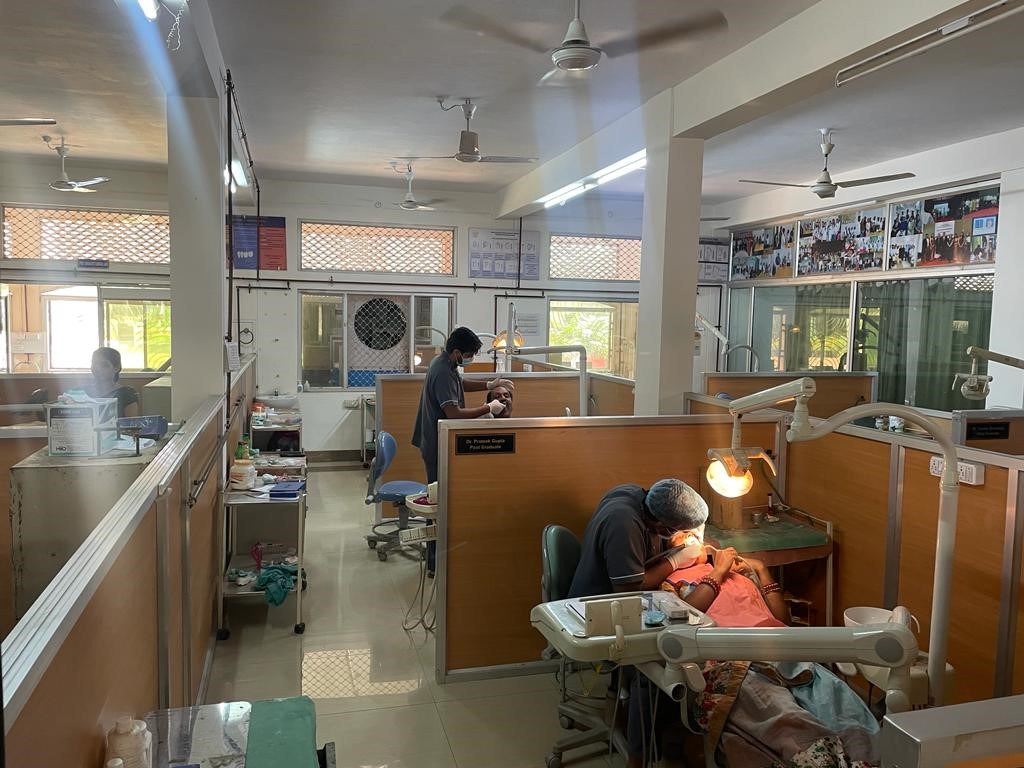
Prosthodontics has an emphasis on the diagnosis and treatment planning of patients who have complex dental needs and on providing treatment services that primarily involve the repair or replacement of natural teeth with a variety of fixed or removable prosthetic options. Increased patient demand for esthetic services and for implant-supported prostheses has caused an increased emphasis on these types of procedures in Prosthodontic training programs and practices. To successfully manage these patient needs, Prosthodontists collaborate with all members of the dental team, including other specialty colleagues, general dentists, dental hygienists, and laboratory technicians.
Through consultation and collaboration with the dental team, Prosthodontists provide patients with a customized treatment plan and alternative options, with associated advantages, disadvantages, prognosis, risks, and time involved
HOD’S DESK
KEY POINTS FROM THE DEPARTMENT
- Well-equipped laboratory to fabricate dentures and prosthesis, one for undergraduates and for postgraduates
- Best-in-class infrastructure and faculty
- Teaching activities are designed to put students at par with their peers at reputed universities in India and abroad
- Department organises professional development programs to upgrade the knowledge of faculty and students
- Regular hands on programs for students facilitate insight into recent advances
- Free denture camps organised by the department expose the students to a variety of patients. Departmental library is adequately stocked with textbooks and internet facility.
- Separate lab for preclinical prosthodontic work, which caters to the need of 100 students and postgraduates
- A separate casting and ceramic lab with the latest equipment and material, capable of functioning as a commercial dental laborator
FACULTY MEMBERS
-

Dr. Jagadeesh H.G.
Professor & HODBDS,MDS
-
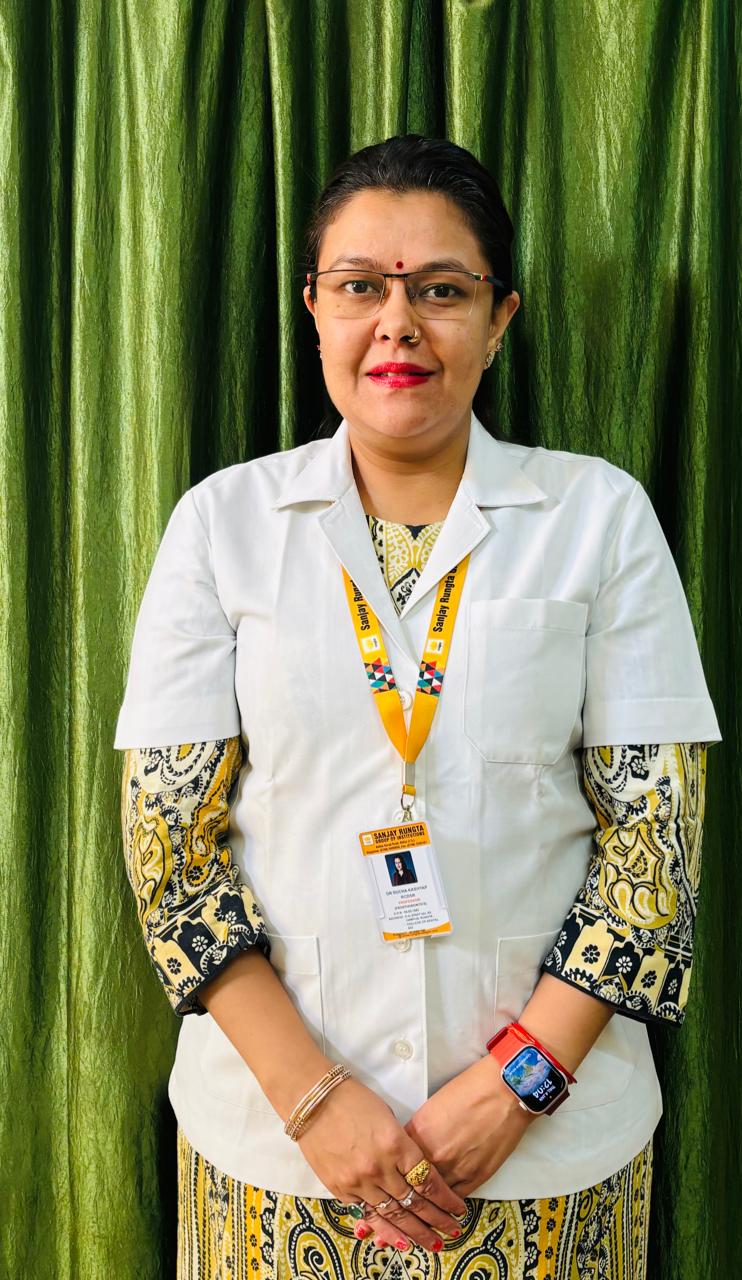
Dr. Rucha Kashyap
ProfessorBDS,MDS
-
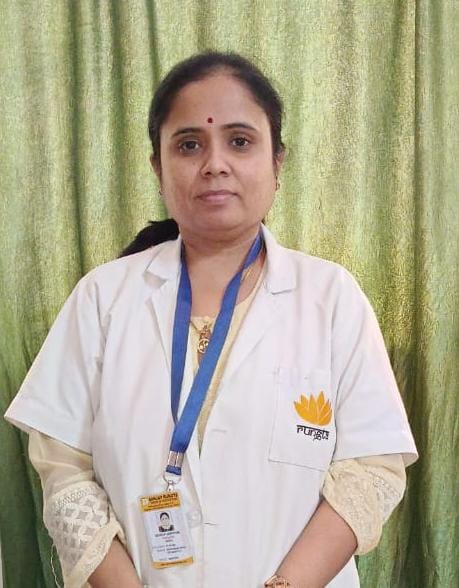
Dr. Shilpi Pandey
ProfessorBDS,MDS
-
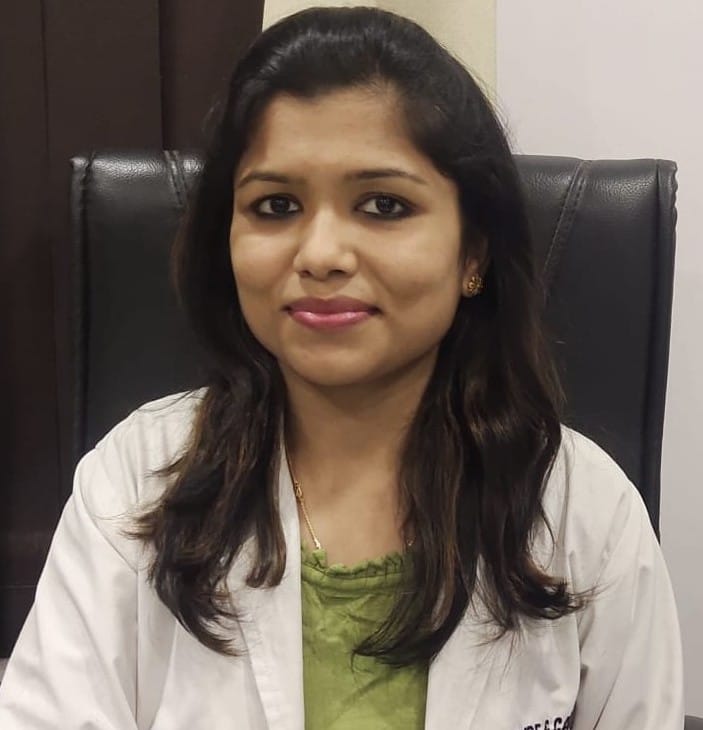
Dr. Ruchi Gupta
ReaderBDS,MDS
-
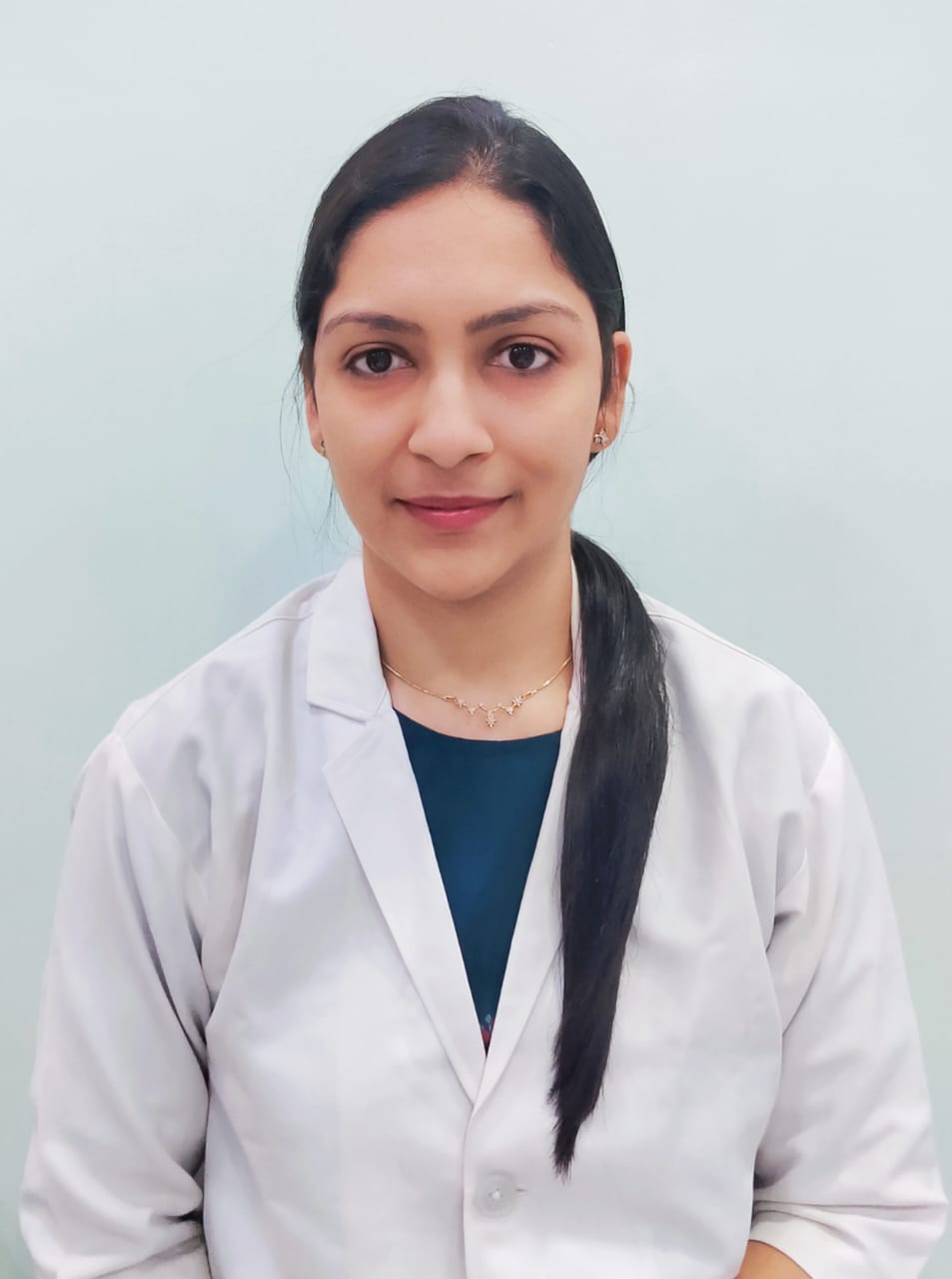
Dr. Fatema Sodawala
ReaderBDS,MDS
-

Dr. Ankita Tiwari
ReaderBDS,MDS
-
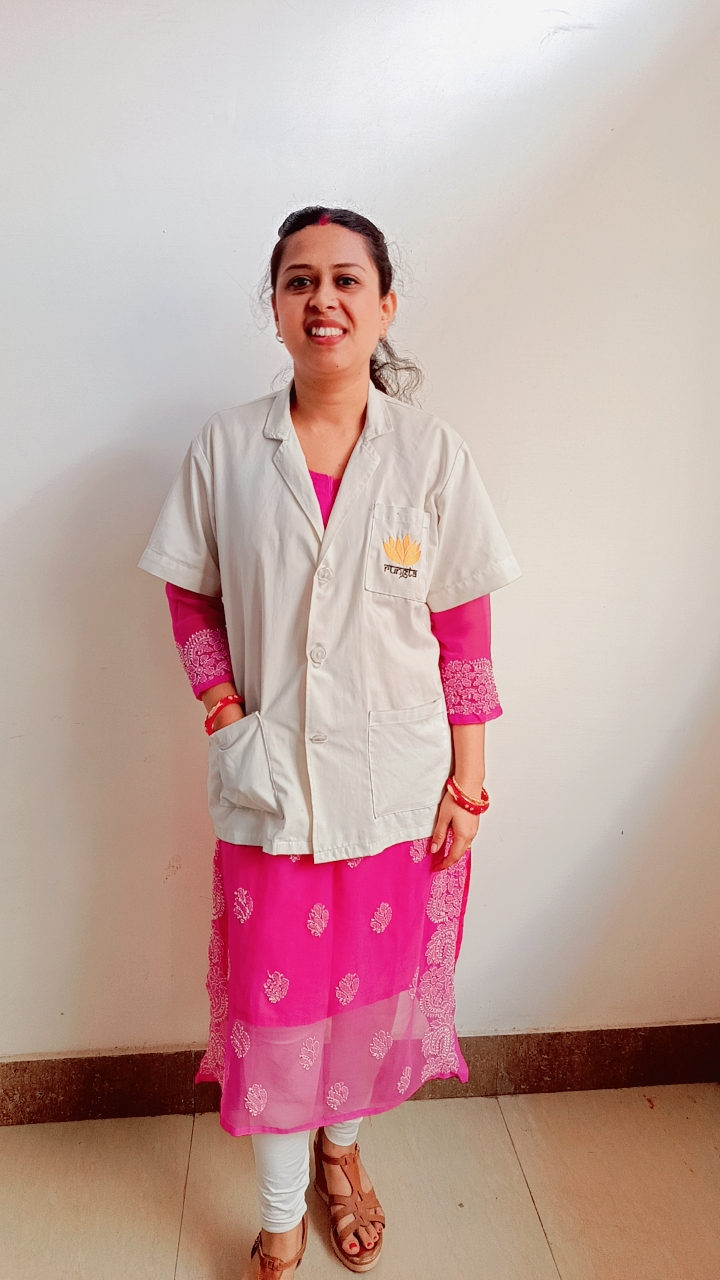
Dr. Anukriti Chandra
LecturerBDS,MDS
-
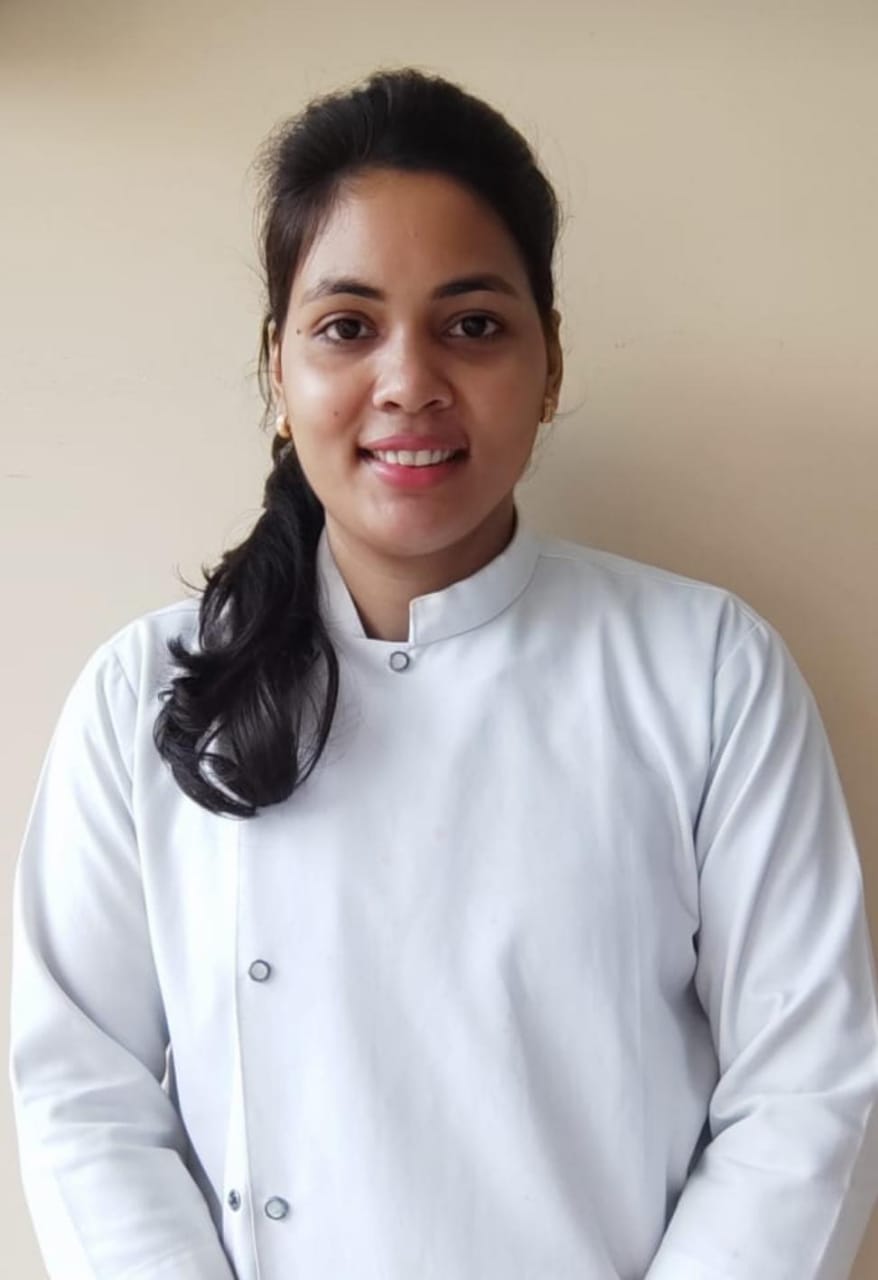
Dr. Anjali Rathore
LecturerBDS,MDS
-
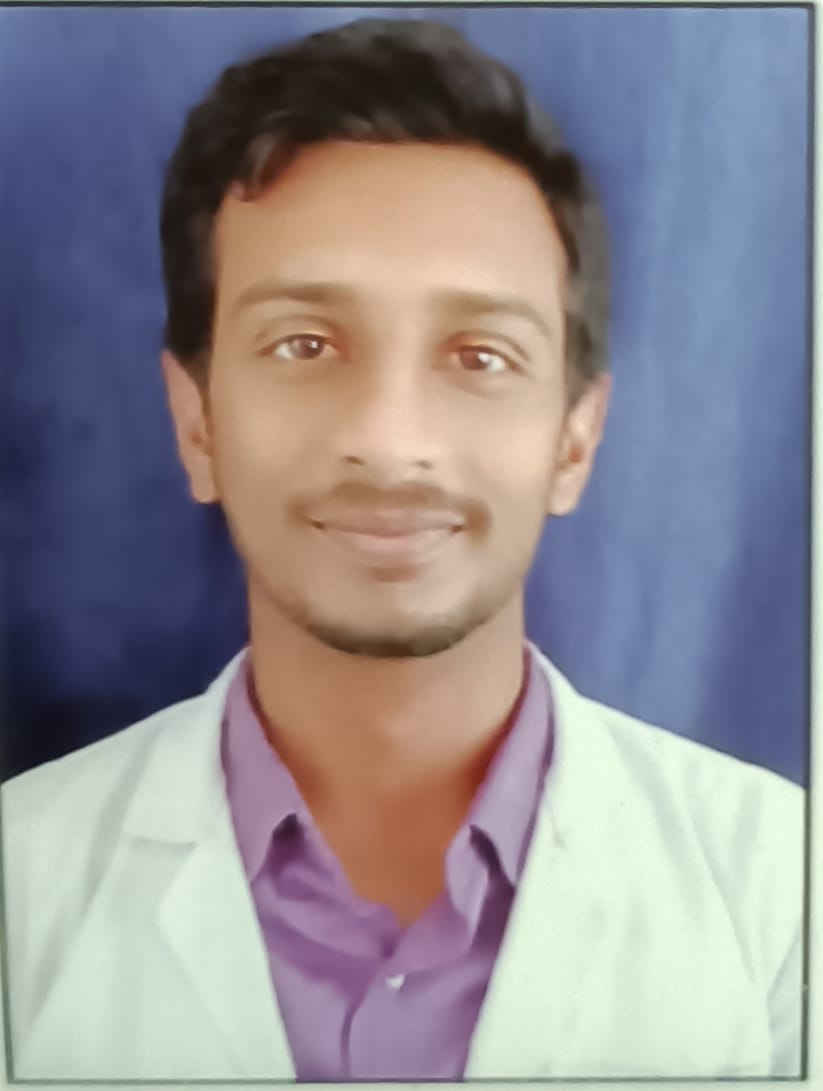
Dr. Jesu K. Joseph
LecturerBDS,MDS
-
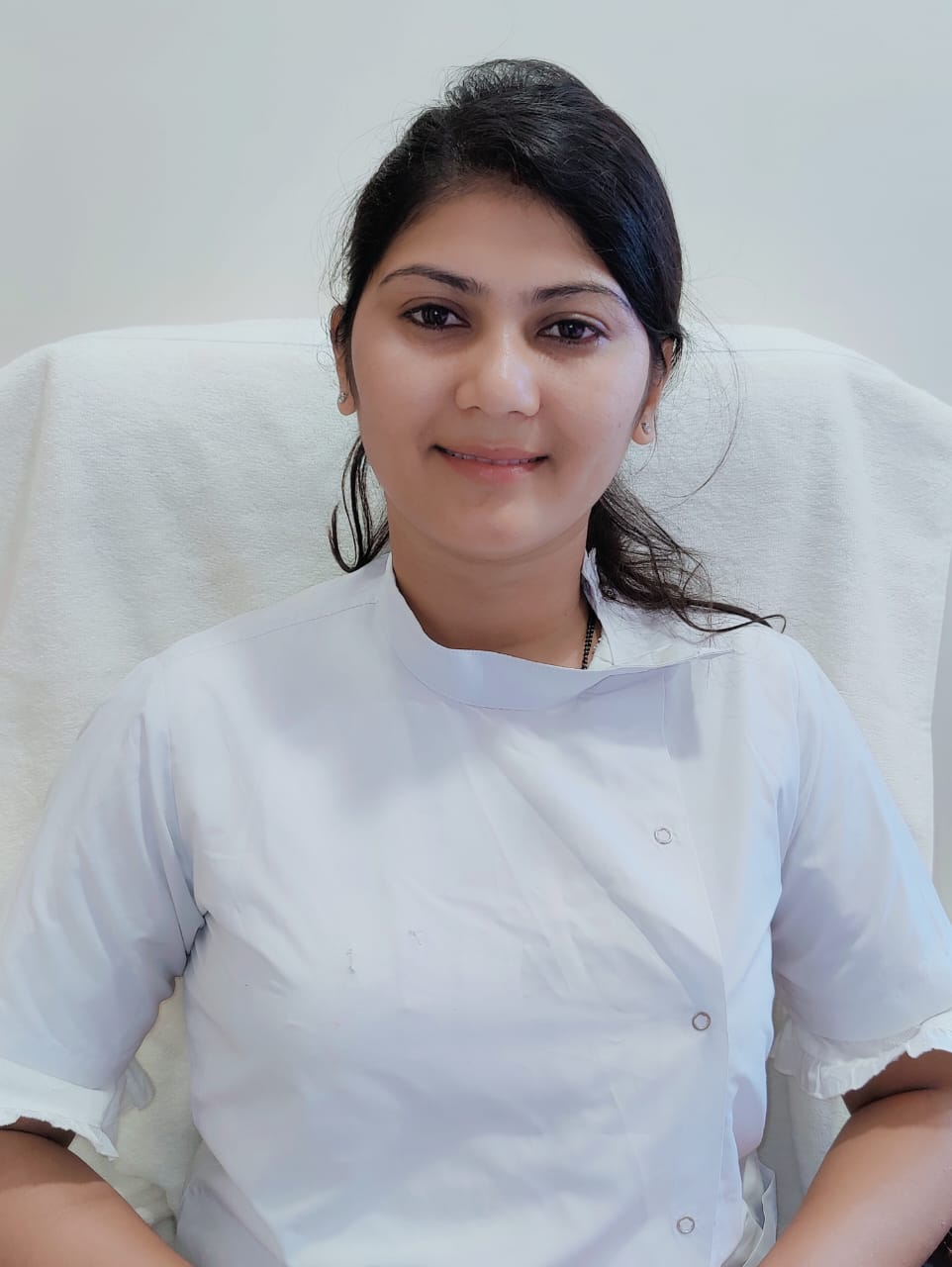
Dr. Ranu Sharma
LecturerBDS,MDS
-
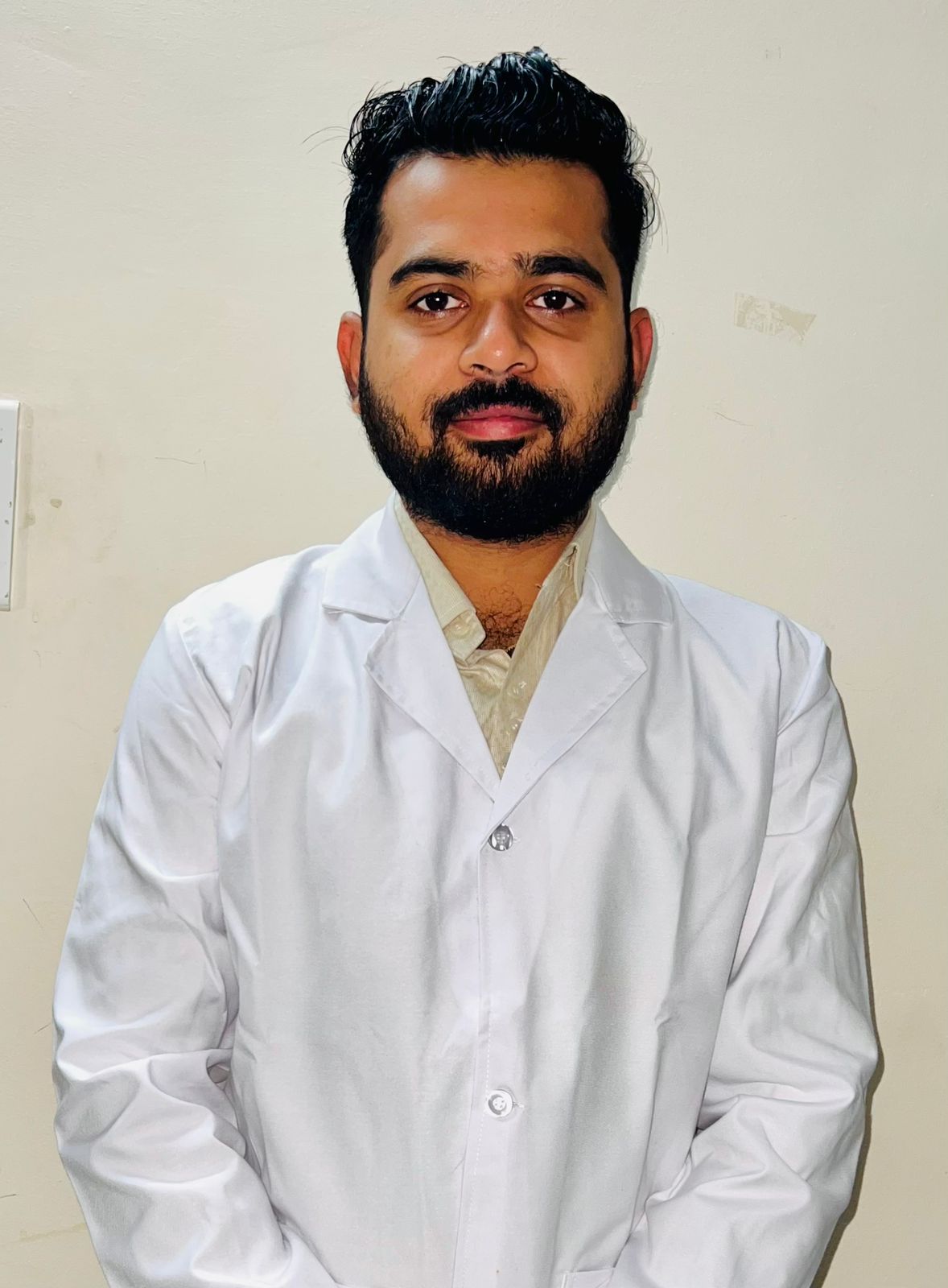
Dr. Rajat Nahar
LecturerBDS,MDS
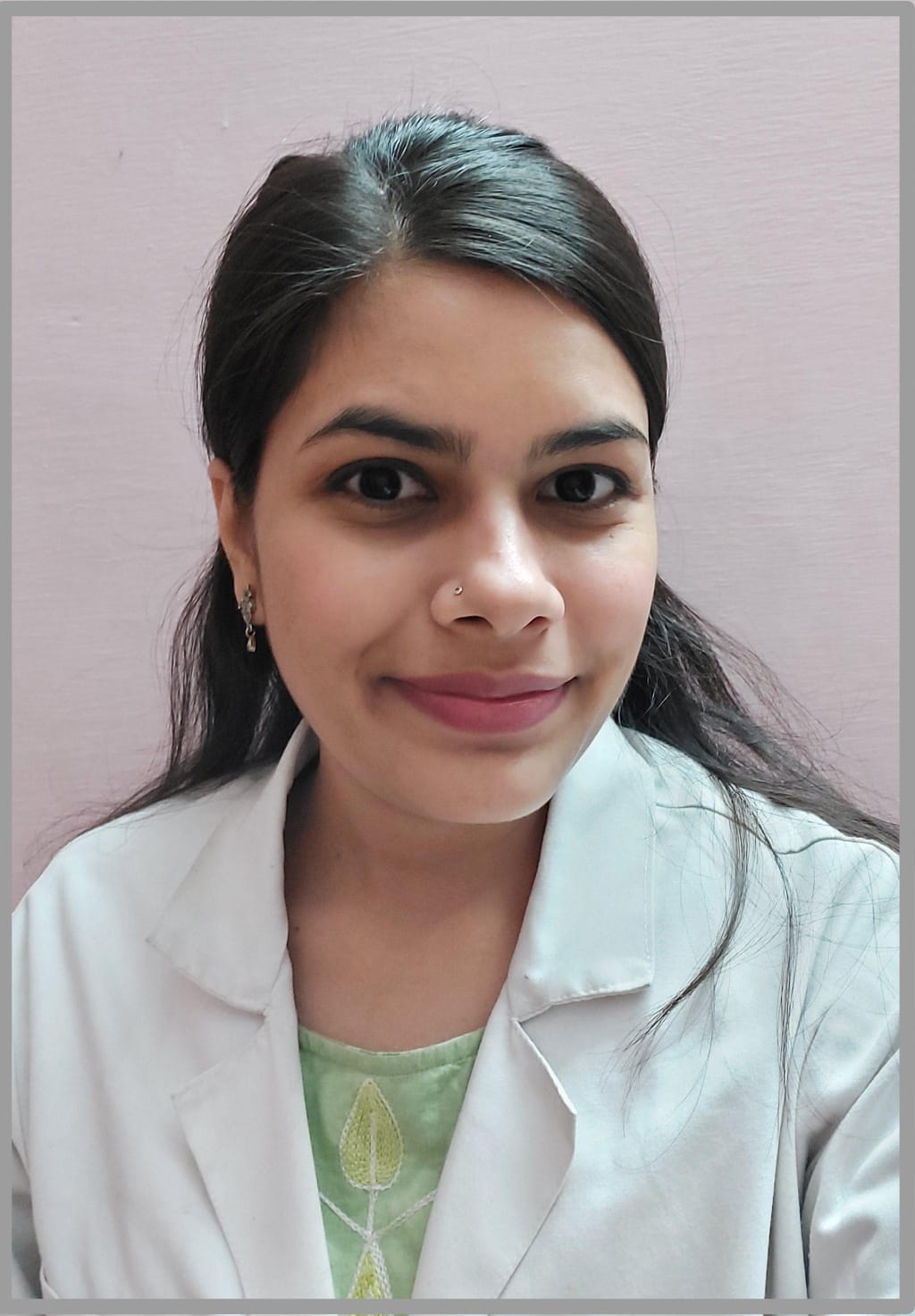
Dr. Shruti Vyas
LecturerBDS,MDS
Dr. Poonam Agrawal
LecturerBDS,MDS
Dr. Shradha Soni
ReaderBDS,MDS
Dr. Ankita Grover
LecturerBDS,MDS
